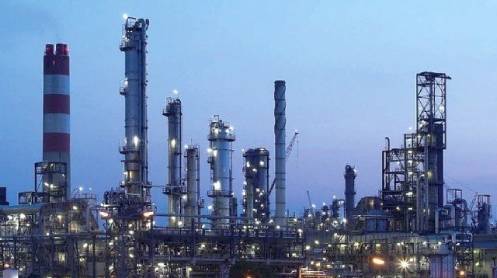In a significant development, the Cabinet Committee on Energy (CCoE) has greenlit amendments to the Brownfield Refineries’ Policy, addressing the key demands of private sector oil refineries. The revised policy mandates existing refineries to upgrade within six years to produce Euro-V petrol and diesel, with minimal production of low-quality fuels like furnace oil.
During the meeting chaired by Minister for Petroleum and Power Muhammad Ali, four major demands of private sector refineries—Attock, National, Pak-Arab, and Cynergico—were accepted, ending the stalemate in implementing the refining policy since its notification on August 22, 2023. Pakistan Refinery Ltd, a government-owned entity, had promptly signed the contract last year and initiated project implementation.
The amendments entail continuing a 7.5% deemed duty on locally refined products for 20 years or until oil pricing deregulation, whichever occurs earlier. Additionally, the upgrade agreement between the Oil and Gas Regulatory Authority (Ogra) and refineries must be signed within 60 days. The cap on funding from an escrow account for refinery upgrades has been raised to 24.5%, slightly lower than the 27.5% discount for new equipment. Furthermore, the policy implementation committee will now include federal secretaries for petroleum, finance, and law.
The Oil Companies Advisory Council (OCAC) welcomed the amendments, anticipating approval and ratification by the federal cabinet soon. OCAC Chairman Adil Khattak emphasized that refinery upgrades would attract $5-6 billion in investments, leading to cleaner, environment-friendly fuels and substantial foreign exchange savings.
This amendment to the policy, approved by the interim setup, shortly before the return of an elected government, marks a rare instance of policy revision. Mr. Khattak highlighted that the refining policy, crucial for the country’s economic sector, had been in the making for over four years and faced delays in final approval. The amended policy now empowers refineries to undertake significant upgradation projects to meet Euro-V specifications, substantially increasing petrol and diesel production while reducing furnace oil production by 78%.







